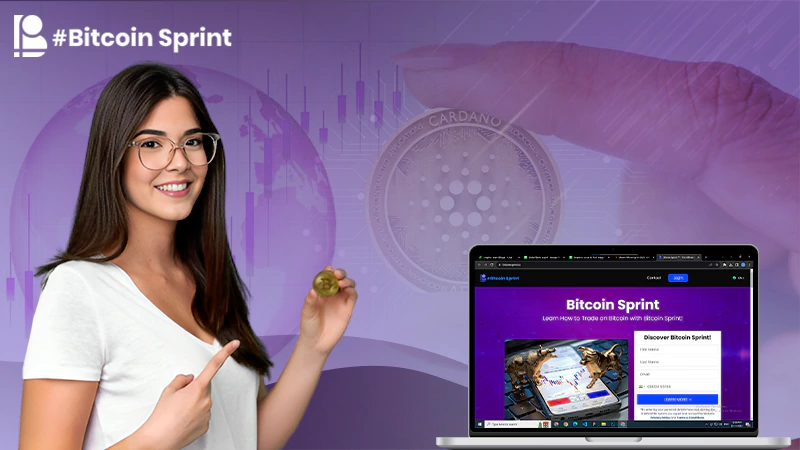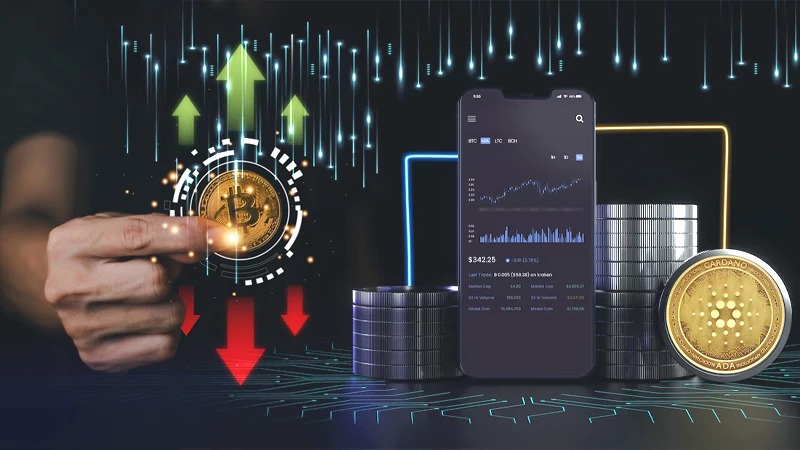Defi is a transparent, global economic system developed for the digital age, as opposed to an obscure, strictly regulated network kept together via generations-old architecture, machinery as well as procedures. It permits you to have complete authority and transparency over your financial affairs.
It introduces you to global financial markets as well as offers you potential solutions to the local banking and capital options. Defi solutions deliver financial services to individuals that have access to the internet. These platforms are widely operated and supervised by their clients. Defi apps have already processed billions and billions of dollars in cryptocurrency, and the number is rising day after day.
What is DeFi?
Defi stands to be the short name for decentralized finance. It refers to a group of financial goods and facilities provided to anybody who can employ Ethereum and also has internet connectivity. The greatest advantage that comes along with DeFi is that you can have access to markets at any time without any payment blockage and access prohibitions from the centralized authorities.
Services that used to be sluggish and vulnerable to dumb negligence are now automated and secure, owing to coding that anybody can read and evaluate. Swyftx Learn – decentralized finance (defi) has detailed insights about DeFi.
There’s a thriving cryptocurrency economic system out there, in which you may borrow, loan, invest in long/short positions, collect interest, and much more. Defi has been utilized by crypto-savvy People to avoid catastrophic devaluation.
Retailers have started to broadcast their workers’ pay in a timely manner. Some people have even signed out and defaulted off multimillion-dollar loans without providing any personal details.
How does DeFi Work?
Defi offers services without the need of middlemen by utilizing cryptocurrency as well as cryptographic functions. Financial firms operate as transaction signatories in today’s modern economic system.
Since your money passes across them, this provides these organizations enormous influence. Furthermore, billions of individuals throughout the world lack access to banking facilities.
In Defi, the credit facility is replaced by a crypto contract within the deal. A crypto contract is an Ether entity that can store money and transmit or repay it based on specified criteria. When a crypto contract is functional, it executes just as it is scheduled since no one can modify it.
A contract for the distribution of an allotment or weekly allowance might be set up to transfer funds via Acct A to Acct Beach Week. And it’ll only do so if Acct A possesses the necessary funds. To embezzle funds, no one will ever amend the agreement as well as include Account C as a receiver.
Contracts are also open to inspection and audit by anybody. As a result, defective agreements will frequently be scrutinized by the public.
This implies that there is now a need to have faith in the Ethereum group’s highly professional members who can understand code. The accessible society helps to maintain engineers in the account, but as smart contracts grow simpler to interpret and additional techniques to certify the program’s reliability are created, this will become less of an issue.
Benefits of Defi
Listed below are some of the major benefits of Defi:
1. Without Any Authorizations
Defi allows anybody to participate in the financial sector, regardless of their status, color, money, ethnicity, or geographical position. All that is required of a user is a smartphone or a PC with internet services. Financially excluded persons account for a sizable portion of the worldwide population. In 2018, the World Bank reported approximately 20% of the worldwide people did not have access to financial services. A factor for this is that the majority of financially excluded people lack essential know-your-customer (KYC) credentials such as state-issued identification cards.
A number of Defi solutions allow users to work without all this. A Maker loan, for example, may be obtained without any need for identity or a credit rating.
2. Complete Authority Over Your Financial Assets
You gain control of your financial assets using DeFi solutions. You dictate the outcome to your money when you enter them into the site. A smart contract can certify you for borrowing or determine how to handle your finances rather than relying on human middlemen. No one has the authority to exclude you from the Defi protocol. The law that governs the cryptographic signature functions invisibly.
3. Increased Transparency
Defi allows for more transparency and availability. Since the majority of Defi technologies are constructed on the cryptocurrency, all of their operations are open to the public. Transactions may be viewed by anybody, but unlike conventional banking, these accounts are not related to anyone personally.
Accounts are mostly pseudo-anonymous, with just numeric identifiers provided. Since most DeFi solutions are free software, users with programming experience can inspect or improve the program code. Because of community participation, open-source programs are significantly safer and of greater quality than proprietary technology.
4. Investors’ Interest Rates
Defi not only permits you to save your money into savings, but it also enables you to generate income. You may store resources and loan them out to borrowers on portals like Aave as well as Compound. You will get your interests at a certain period and will be able to reinvest your funds into the network.
Security Vulnerabilities and Drawbacks of DeFi
With the multiple benefits that DeFi has, it does have some drawbacks and vulnerabilities. They are as listed:
1. Centralization of the Data Feeds
Off-chain data is inaccessible to cryptocurrency technologies. To address this, several of them rely on prophecy, which are third-party platforms that provide them access to specific data. Oracles operate as a link between blockchain systems and the rest of the world, information transfer to smart contracts.
The main problem with oracles is that they introduce a core argument of trust into otherwise trustless and decentralized systems. The smart contract as a whole is vulnerable because of this centrality. The repercussions of an oracle broadcasting incorrect information might be disastrous.
2. Smart Contract Security Concerns
Any DeFi platform’s core is smart contracts. They are, nevertheless, vulnerable to manipulation.
Smart contracts are generally accessible by the standard. This architecture helps potential Defi consumers to examine them before committing to the protocol.
The smart contracts of most DeFi protocols are audited by security companies. Here’s where the dilemma starts. Humans are prone to overlooking weaknesses in contracts that might be utilized in the future.
Conclusion
The Defi sector, like the crypto market as a whole, is going through some development challenges. It’s still in its early stages, so there’s lots of possibility for development. Despite the advantages and rewards, however, it is still a dangerous venture for the typical investor.







